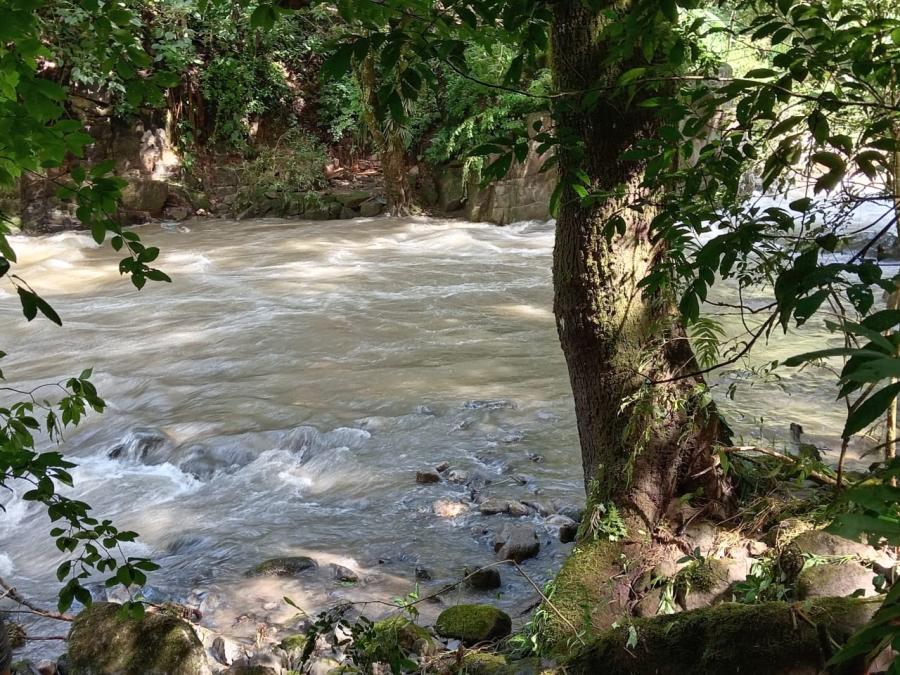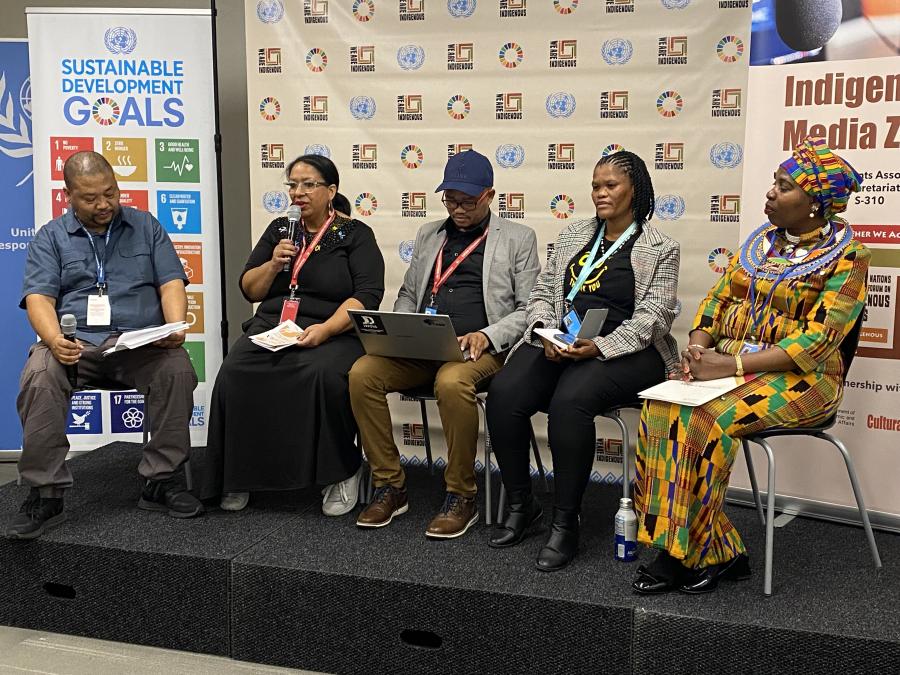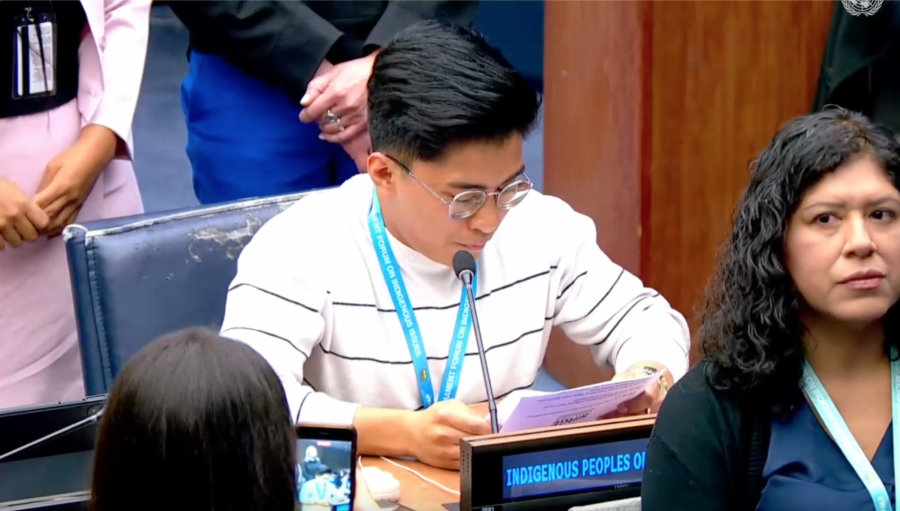
On June 26, 2019, the Organization of American States (OAS) held it's 49th regular session in Medellin, Colombia. The OAS is an organization of states in the Western hemisphere that provides a forum for political and policy discussion and decision-making. It was founded to build solidarity, promote peace and justice, and encourage collaboration. It focuses on four main pillars: democracy, human rights, security, and development. Some topics they address are observing electoral processes to promote democracy, documenting human rights violations, supporting countries efforts to form trade agreements, and supporting programs to reduce violence.
This year marks the first time that Indigenous Peoples participated as part of a permanent coalition to the OAS. In 2016, the OAS adopted the American Declaration on the Rights of Indigenous Peoples (ADRIP), which guarantees Indigenous Peoples the right to self-determination, rights to education, health, and lands, and protections for those living in voluntary isolation. The Declaration commits to eliminating violence and discrimination toward Indigenous Peoples, especially women and children.
In 2017, the OAS adopted the Plan of Action on the American Declaration on the Rights of Indigenous Peoples, which aims to implement public administrative, legislative, judicial and budgetary policies to ensure that the rights of the Indigenous Peoples of the Americas are fully protected and respected, in accordance with the ADRIP. It will remain in effect for four years from its adoption date. Some specific actions include spreading accessible information about the ADRIP and the rights it includes, and developing training programs for civil servants, especially those whose work directly relates to Indigenous rights. The action plan also asks the OAS to develop a monitoring mechanism to observe how the ADRIP is implemented across the Western hemisphere.
It has been two years since the action plan was adopted, and there has not been discussion of a mechanism to monitor the implementation of the ADRIP. Since only two years remain to accomplish this action plan, the Indigenous Nations and Organizations Coalition is urging the OAS to fulfill its commitment to implement the plan in a timely manner. A monitoring system is a crucial aspect of completing the action plan according to the deadline.

The statement of the Indigenous Peoples coalition was delivered by Luis Fernando Arias (Kankuamo) from Colombia. In the statement, Arias discussed, on behalf of the Indigenous Nations and Organizations Coalition, the importance of a long term monitoring system for the action plan, as well as two specific proposals the Coalition has for the OAS. “First, the OAS must hold a high-level, two-day consultation with Indigenous Peoples on the Plan of Action, especially on the monitoring and implementation mechanism...Second, the OAS must establish a new status for the permanent and more appropriate participation of Indigenous Governments in OAS activities ...Two of the most important provisions of the Declaration, Articles 3 and 4, recognize Indigenous Peoples’ right of self-determination and self-government. This organization’s current rules of participation calling for the participation of Indigenous Peoples as Civil Society Organizations do not meet these standards...Indigenous Peoples should not be assimilated to Civil Society Organizations. As political and legal entities, entirely distinct from the general Civil Society, Indigenous Peoples of the Americas must have our own specific representation within the OAS.”
Arias closed by addressing the real danger Indigenous Peoples face in the Americas when States fail to honor and protect their rights. “Lastly, we are mindful of the fact that as we speak today, Indigenous Peoples’ physical and cultural survival is under threat throughout the Western hemisphere. States are purposely failing to provide legal security to collectively-held indigenous lands, especially across the Amazon rainforest… Indigenous Peoples are distinct peoples, legally and historically, whose rights must be honored as agreed upon in the Plan of Action.”

For the OAS to classify Indigenous Nations with NGOs instead of with the governments of States is not only disrespectful to Indigenous Peoples’ right to self-determination and self-governance, but it ultimately attempts to erase the sovereignty of Indigenous Peoples. Organizations like the OAS have a responsibility to treat Indigenous Peoples with full respect and acknowledgement of their autonomy as peoples that never gave up their rights to govern themselves.
Check out our photos from the session here.



